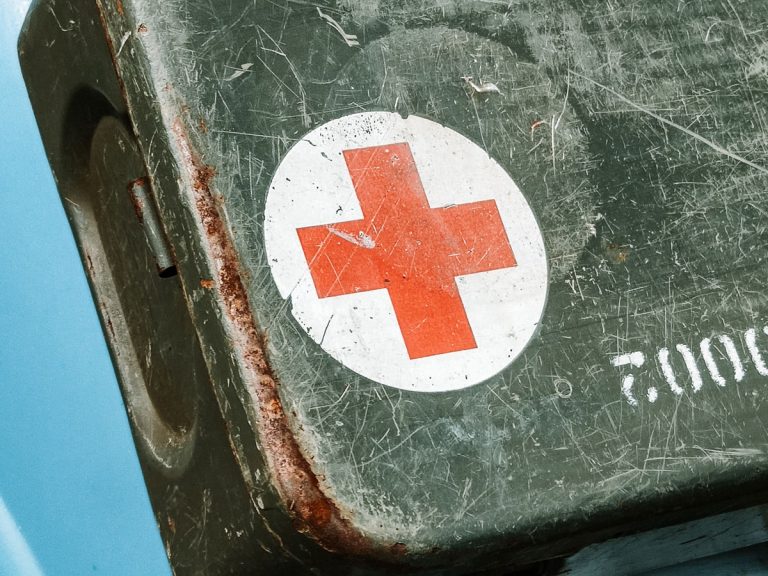You might ask what is leaders’ and organizational communicators’ role and how can we prepare for a crisis if we have low control over organizational messages and how these are discussed and moderated on digital platforms. Don’t worry. The sky has not yet fallen. Quite the opposite, there’s no such thing as bad weather – only unsuitable clothes. You can prepare yourself for a storm. Just start preparing now. Make sure you include the following five items in your ‘prepper kit’:
- Get your story straight. The communication landscape has evolved and is now fully transparent. Articulate who you are and what you want to become. Go back to your mission and business strategy. Be clear about your internal vulnerabilities and what you are doing to change or improve them.
- Proactively build relationships with your stakeholders. In a crisis, it always comes down to trust and trustworthiness. You’ll need your supporters when a storm hits. Start by mapping your stakeholders. Remember to think beyond shareholders and customers. Aim to build connections also with your opponents. Think of new ways to reach them. Is there something we can learn from each other?
- Invest in key communication arenas. There’s a new set of digital communication arenas and they keep evolving. Map communication arenas relevant to you. Get active. Fish where the fishes are.
- Take part in the conversation. Communication emerges. Instead of trying to control your corporation’s message, show willingness to listen, and discuss and debate your position – even with your opponents. Do this before the crisis hits!
- Shape the rules of the game. Communication is contextual. Discuss with your stakeholders what kind of communication you find appropriate and effective, and ethically correct in the arenas in which you’re active. State your opinion clearly.
Protecting and building your brand is now as complex as it is important. Remember that a reputational risk is a business continuity risk. When discussing next year’s strategy and budget, you’ll probably want to consider allocating more resources for stakeholder engagement and crisis communications – it could be the best decision you ever made!

